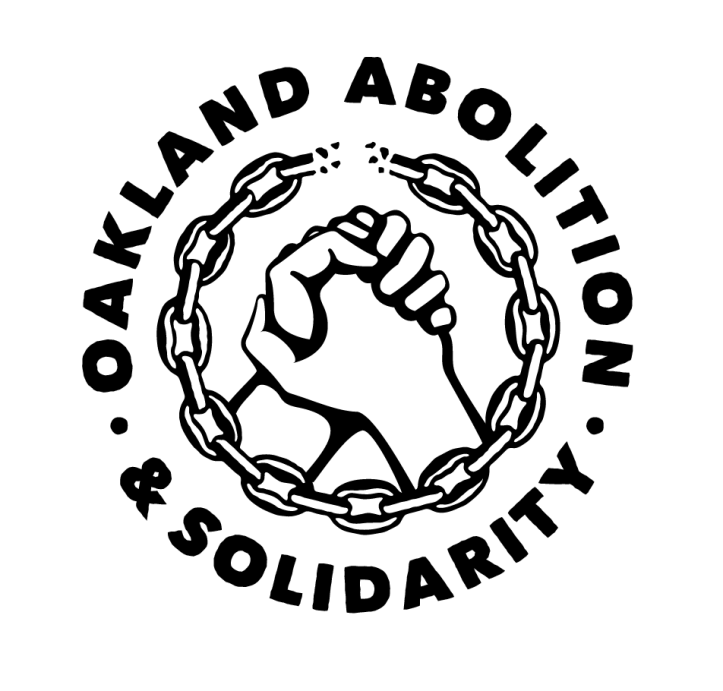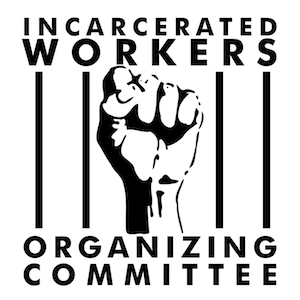For Immediate Release - Family Groups Lead Statewide Day of Action to Reunite Families Separated by Incarceration
"Other states that have been impacted worse by COVID-19 have managed to put up partitions, enforce social distancing, and have managed to make visits a priority. Why hasn't Kathleen Allison?" - Angela Cadena, Activist and organizer with We Are Their Voices
"Families are used to abiding by COVID protocols at school, church, restaurants, work, court, when visiting with extended families, Why couldn't we follow these going into CDCR?" - Ivana Gonzales, Family Services Coordinator, Legal Services for Prisoners with Children
COVID-19 has affected everyone adversely, but for the men, women, and children separated by the California Department of Corrections and Rehabilitation (CDCR) system, the loss has been tremendous and traumatizing.
The impact of the loss of visits of March of this year, has meant zero contact between family members for months. As the state opens up for businesses and venues, some people have returned to a semblance of pre-COVID lifestyles. This is not the case for people in prison and their families. Contact is the most important part of rehabilitation: it affirms humanity, create a will to return home, and maintains the connections between family members.
Families are uniting around the statement: #OpenVisitsNow. Actions are planned in Sacramento, as well as a phone zap action for families statewide to participate if they cannot be there in person.
Families are asking, when states like Florida and New York have reopened for state facility visits, why are the California prisons still closed? Why are certain California county jails, such as San Diego, allowed to reopen for visits, when the state prisons in those same counties are not?
At the Assembly Budget Safety Committee meeting on Tuesday, November 10, CDCR's top officials including Secretary Kathleen Allison and Medical Receiver Clark Kelso provided falsehoods and misleading data regarding the COVID-19. During the hearing, Secretary Allison laughed, minimized critiques, and made light of the questions being asked by the committee while thousands of families watched in horror as their hopes in reuniting with their incarcerated loved ones by the holidays were crushed.
California prisons have remained virtually in lockdown, while COVID-19 have steadily risen, due to the "deliberate indifference" exhibited by the prison.
What would it take to reopen? Population reduction.
Currently there are several lawsuits and actions against CDCR, and two have resulted in significant progress. The Coleman/Plata case hearings that are ongoing class action lawsuits by prisoners to provide sufficient care. Also, the In re Ivan Von Staich case in which the First Appellate District ordered a 50% reduction of the population at San Quentin Prison. This progress needs to be applied system-wide. Not only do the 33 adult institutions, 4 juvenile facilities, fire camps, and all other facilities under CDCR jurisdiction need to have a plan that results in:
- Protection from COVID-19 for incarcerated people, including access to cleaning supplies, adequate PPE, ability to maintain social distance, ending unnecessary and dangerous transferring, and implementing universal voluntary testing
- Immediate improvement to conditions in various areas: food, medical, and programming, as well as in education, mental health services, and re-entry planning
- Re-Opening, with planning and involvement led by incarcerated people and their families
- A pathway to mass release that starts with compassionate release for those at high medical risk and elders, and includes all people regardless of designation of violent or non-violent offenses
We Are Their Voices is a grassroots activist movement consisting of families and friends impacted by a failed system, speaking out for the incarcerated to mobilize against CDCR's failed COVID-19 response in California. A range of grassroots groups, including Oakland Abolition & Solidarity and Unite Against CDCR have supported ongoing actions.
If CDCR continues to deny releases as well as programming to people in prison, this will result in massive harm to not only these families and communities, but have long term consequences for the entire state's justice and healthcare systems. It is time to reopen and release.
Press contact: wearetheirvoices17@gmail.com

